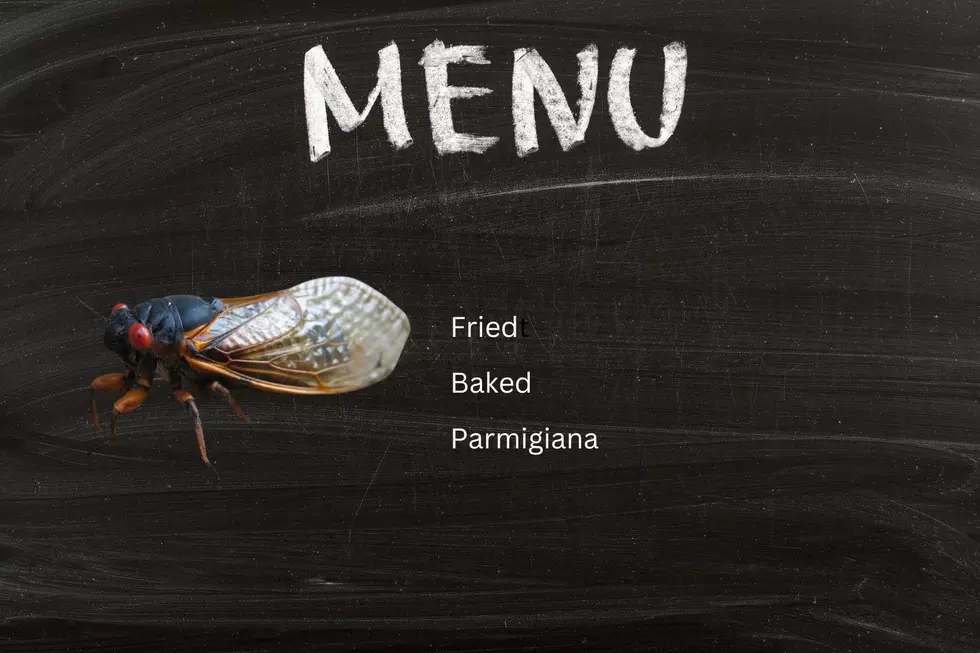
Grab the white vinegar: Jellyfish are prevalent in NJ waters
🌊 Different types of jellyfish exist in Jersey waters during the summer months
🌊 What jellies are prevalent in August?
🌊 Some jellies have powerful, painful stings, but others do not.
Depending on the variety, it’s always jellyfish season at the Jersey Shore during the summer.
Jellies like to live in the back bay areas of Barnegat Bay and Cape May, said Paul Bologna, director of marine biology and coastal sciences at Montclair State University.
What kind of jellyfish are found at the Jersey Shore?
“On the ocean beaches, sometimes we get big numbers of Portuguese Man o’ war that are coming up out of the Caribbean that are along the coastline and sometimes they get blown in. We haven’t really seen that along the Jersey coast but I know that’s been an issue up in Rhode Island during the month of July, “Bologna said.
But there are different types of jellies present during different summer months at the Jersey Shore. For example, in May and June, the clinging jellies are out. Bologna said these are dangerous because they have bad paralysis toxins. Those usually die out around July 4th.
In July, bay nettle jellies are prevalent inside the bays, and sometimes they are moved along shore. Also in July, there are increases of the Lion’s Mane jellyfish washing up on the beaches, he added.
“Lion’s Mane, in some cases, can get five or six feet in diameter. They can be really, really large. We don’t see them generally that big in our area but up in Maine and Europe, they can get incredibly large, and they’ve got a pretty powerful sting,” Bologna said.
In August, New Jersey will see Mushroom Caps and Cannonball Jellies. Their stings are not too bad, Bologna said. But Lion’s Mane, which is seen at the Jersey Shore during this month, will, however, have a bad sting.
How can you treat a jellyfish sting?
Bologna said if you’re going to the beach, bring a bottle of white vinegar with you in case you get stung by a jellyfish. He said this is the first step to help immobilize some of the stingers that have not fired off in the jellies.
Second, rinse off in the water that you are in, whether it’s bay or ocean water. Do not use bottled water. Bologna said bottled water because that will cause the stinging cells to explode. Then wipe it clean, and use hot compresses which will demobilize the venom.
Is it safe to swim in the ocean with jellyfish?
Yes. If the presence of jellyfish is bad, Bologna said, lifeguards will fly purple flags to let beachgoers know it’s still safe to enjoy the beach but they may not want to go in the water.
He stressed how important it is to swim in guarded waters.
What attracts jellyfish to Jersey waters?
Jellyfish are native to New Jersey. Bologna said they’d been swimming in Jersey waters before dinosaurs were roaming the Earth.
He said the concern comes in when humans continue to build more off-shore structures and lagoons.
Jellyfish have two parts of their life: the swimming jelly (that we see), which is called the Medusa and the second stage is the polyp.
It’s very small and it could live on oyster reefs, he said.
But the polyps can also live on bulkheads, docks, and other kinds of structures that humans produced. Those are the stages that clone themselves very fast, they survive the winter and return in numbers the following year, Bologna said.
When humans continue to build out, it allows the polyps to expand and increase in numbers, he added.
Bologna said he is part of the “Stop the Sting” project. It’s about understanding where the polyp stage of the jellyfish resides.
“We know that the bay nettles are in a lot of our lagoon communities and where we’ve got a lot of development. Those are sort of positive places for them to live, clone, and expand,” he said.
Pulling jet ski docks and floating docks out of the water at the end of the season will help kill the polyps so they don’t start the next year with an advantage, and generate more jellies, Bologna said.
Report a correction 👈 | 👉 Contact our newsroom





